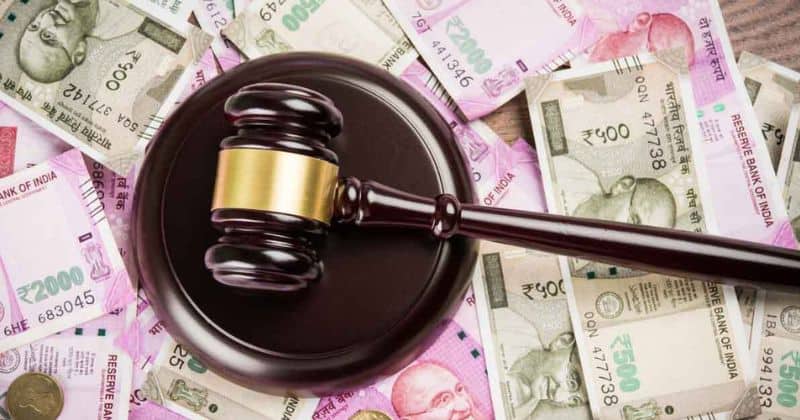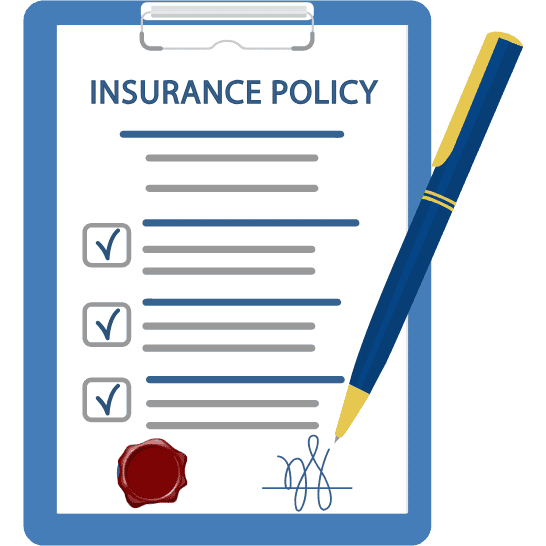What Happens If an Unsecured Loan Is Not Paid?

Unsecured loans are financial products that don't require any collateral, such as property or assets, to secure the loan. These types of loans are typically issued based on the borrower’s creditworthiness, income, and ability to repay. Personal loans, credit card debt, and medical loans are common examples of unsecured loans. While they provide immediate financial relief, the repercussions of failing to repay an unsecured loan can be severe and long-lasting. In this article, we will explore the potential consequences of not paying an unsecured loan, from the initial stages of missed payments to the long-term impacts on your financial future. We will also discuss how services like RupeeRelief can help individuals facing financial difficulties and offer solutions for those struggling with unsecured debt. When you take out an unsecured loan, your agreement typically includes specific terms outlining when and how payments are to be made. If you miss a payment, the first consequence is often a late fee. Most lenders will charge a fee if your payment is more than a few days late, and this fee can range from a fixed amount to a percentage of the missed payment. Beyond late fees, your lender may report your missed payment to the credit bureaus, which can negatively impact your credit score. A lower credit score means you will find it more difficult to obtain loans in the future, as lenders view you as a higher-risk borrower. For individuals who are struggling with missed payments, RupeeRelief offers a solution. RupeeRelief specializes in helping individuals resolve unsecured debt, providing a path toward financial recovery. Through negotiations and settlements, RupeeRelief can potentially reduce the outstanding debt amount, allowing you to pay off the loan on terms that are more manageable. If missed payments continue and your debt accumulates, the situation can quickly escalate. After a period of non-payment, typically 30-90 days, the lender may initiate a formal collection process. This can include reaching out via phone calls, emails, or letters to remind you of your overdue payment. If the debt remains unpaid for a longer period (usually six months), the lender might send your account to a collections agency. This is where things can start to get more serious. Collection agencies specialize in recovering unpaid debts and are often more aggressive in their approach. This can include persistent phone calls, written notices, and even visits to your home. When your debt is sent to collections, it can severely impact your credit score. A collection account can stay on your credit report for up to seven years, making it extremely difficult for you to obtain any form of credit during that time. If you are dealing with unsecured debt and facing this situation, it is critical to act quickly. Again, services like RupeeRelief can help you navigate the complexities of dealing with collections. By offering debt settlement services, RupeeRelief can work with creditors and collection agencies to negotiate a more favorable settlement. This can help reduce the total amount you owe, potentially stopping the collection process in its tracks. One of the most severe consequences of not paying an unsecured loan is the potential for legal action. While unsecured creditors don’t have the right to seize assets or property, they can file a lawsuit to obtain a judgment against you. If the court rules in favor of the lender, they may receive permission to garnish your wages or bank accounts, subject to local laws. If a judgment is obtained, your lender or collection agency may seek a court order to seize a portion of your income or assets until the debt is repaid. Wage garnishment can significantly affect your ability to cover your living expenses and create financial instability. It’s important to note that not all lenders pursue legal action in cases of non-payment, as this process can be costly and time-consuming. However, the risk of facing a lawsuit remains, especially if your debt continues to grow. For individuals who find themselves facing legal action due to unpaid unsecured loans, RupeeRelief can offer support. The service can help assess your situation and provide expert advice on negotiating with creditors or working with legal professionals to mitigate the impact of any potential lawsuits. Even after dealing with the immediate consequences of missed payments, the long-term impact of not paying an unsecured loan can be significant. As mentioned earlier, a damaged credit score can take years to repair. During this time, it will be difficult to obtain new credit, whether it’s for buying a home, getting a car loan, or simply applying for a credit card. In addition, your borrowing costs will increase in the future. With a lower credit score, lenders will likely offer you loans at much higher interest rates, meaning you will end up paying more in interest over time. The cycle of debt becomes harder to break, and it can take years to recover financially from a few missed payments on an unsecured loan. But there is hope. RupeeRelief offers a practical solution for individuals looking to rebuild their financial health. Through debt settlement, individuals can negotiate a reduced balance and settle unsecured loans for less than the original amount. This process allows individuals to resolve their debt while avoiding bankruptcy, offering a chance to start fresh and rebuild their financial future. In extreme cases, individuals who are unable to repay unsecured loans may consider filing for bankruptcy. Bankruptcy can discharge most types of unsecured debt, including credit card debt, medical bills, and personal loans. However, filing for bankruptcy comes with its own set of consequences, including a long-lasting negative impact on your credit score and a potential loss of assets. It’s often considered a last resort because of its far-reaching effects on your financial future. Bankruptcy should only be pursued after exploring other alternatives, such as debt consolidation or settlement. RupeeRelief can assist individuals in avoiding the drastic step of filing for bankruptcy by negotiating with creditors to reduce debt and create a manageable repayment plan. The best way to avoid the severe consequences of not paying an unsecured loan is to take proactive steps early on. If you are struggling to make payments, reach out to your lender as soon as possible to discuss possible alternatives, such as restructuring the loan or extending the repayment period. If you find yourself overwhelmed by debt, services like RupeeRelief can provide invaluable support. By working with professionals who specialize in debt relief, you can negotiate with creditors, reduce your debt, and regain control over your financial future. Unsecured loans can provide essential financial relief, but failing to repay them can lead to a series of negative consequences, including late fees, a damaged credit score, aggressive collections, and even legal action. However, there are solutions available for those struggling with unsecured debt. Services like RupeeRelief can assist you in negotiating with creditors, settling debt, and providing a pathway to financial recovery. If you are struggling with unsecured loans, take action today to find a solution that works for you.The Initial Consequences of Missing Payments
The Impact of Continued Non-Payment
Legal Consequences of Non-Payment
The Long-Term Financial Impact
Bankruptcy: A Last Resort
Preventing the Consequences of Unpaid Unsecured Loans
Conclusion

